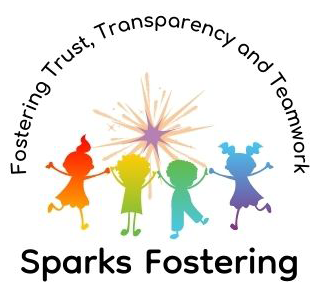What is delegated authority in fostering?
Delegated authority is the process by which foster carers can make day-to-day decisions to support them to care for children. Authority can only be delegated by the person who has parental responsibility, such as the child’s parent or the local authority.
Without delegated authority, it may not be practical for a foster carer to accept long term care for a child; for example, if the child is prescribed regular medication, it would not be feasible for the foster carer to ask permission to give the child medication each time the child needs to take it.
There are some aspects of decision making which cannot be delegated to foster carers, such as being able to change the child’s surname or giving consent to non-emergency surgery.
Delegated authority is to be agreed as part of the placement planning, which should happen either before the child joins the home, or within 5 days of joining the fostering home.
Delegated authority must be provided by the local authority, although in some occasions the fostering provider may draft the plan so that the child’s social worker can review and return it. Sparks Fostering has developed it’s own template to record delegated authority; however, local authorities typically provide delegated authority on their own template.






